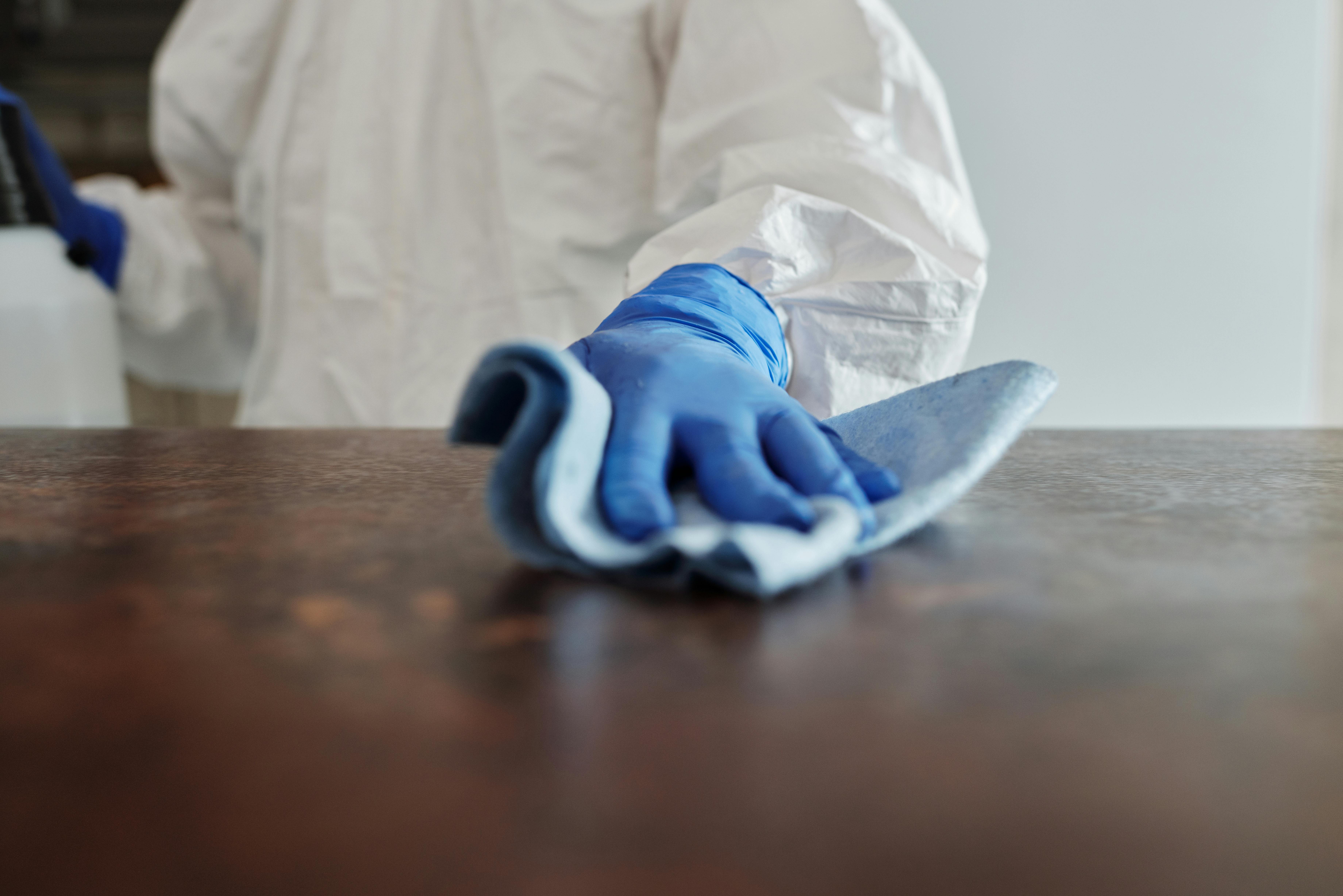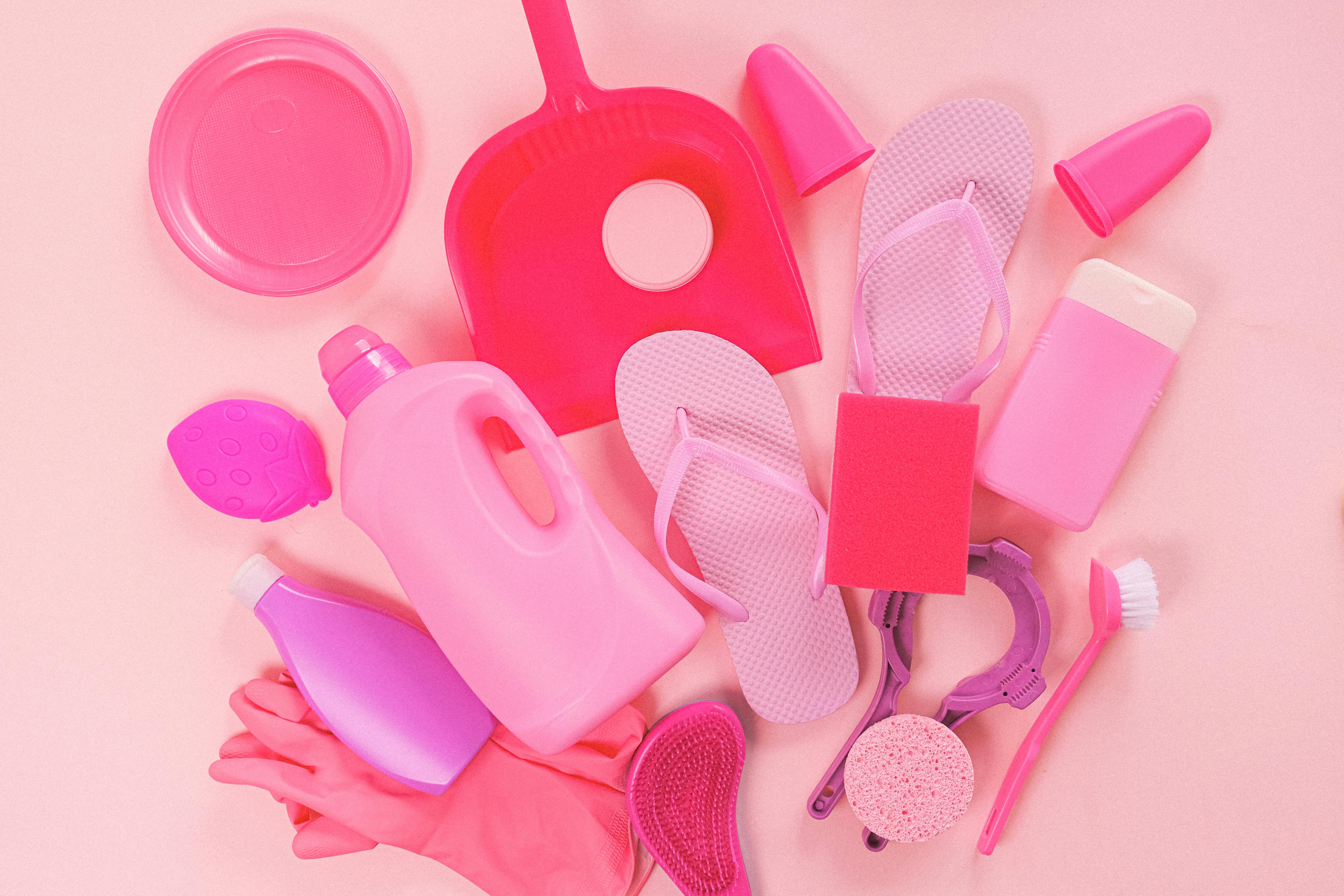Distilled vinegar has been used for centuries as a natural cleaning and antibacterial agent. Its acidic nature makes it a powerful tool to combat germs, bacteria, and mold in the home. Despite its long history of use as an antibacterial, there is still much debate about whether or not distilled vinegar is truly effective against bacteria. In this article, we will take a closer look at the evidence to determine if distilled vinegar can be used as an antibacterial agent.Distilled vinegar is a type of vinegar that has been through a distillation process to remove impurities and any solid particles. It is a clear, colorless liquid composed mainly of acetic acid and water. Distilled vinegar has the same acidic taste as other types of vinegar but is milder in flavor. It is often used in cooking, as a condiment, and for cleaning.
Does Distilled Vinegar Have Antibacterial Properties?
Distilled vinegar has been long known for its many uses, including as a natural cleaning and disinfecting agent. But does it also have antibacterial properties? The answer is yes, distilled vinegar does have some antibacterial properties.
Vinegar is made up of acetic acid, which is known to kill certain types of bacteria, including salmonella and E. coli. Studies have shown that distilled vinegar can be effective in killing some types of bacteria, such as Escherichia coli and Staphylococcus aureus.
When used in the correct manner, distilled vinegar can be an effective way to reduce the risk of foodborne illnesses caused by these types of bacteria. It can also be used to sanitize surfaces and utensils in the kitchen and bathroom to help reduce the risk of cross-contamination and bacterial growth.
However, it is important to note that distilled vinegar will not kill all types of bacteria. It may not be as effective against certain types of bacteria that are more resistant to acetic acid, such as Clostridium difficile or
What Does Science Say About the Antibacterial Properties of Distilled Vinegar?
The use of distilled vinegar as an antimicrobial and antiseptic agent has been studied for centuries. In recent years, scientific evidence has emerged that suggests that distilled vinegar is effective against many types of bacteria. Studies have shown that distilled vinegar can inhibit the growth of bacteria such as Escherichia coli, Salmonella spp., Staphylococcus aureus, and Pseudomonas aeruginosa.
In one study, a solution of 5% acetic acid (the main component of vinegar) was tested for its antimicrobial activity against various types of bacteria. The results showed that the acetic acid solution had significant bactericidal effects against all strains tested. This suggests that distilled vinegar could be used as an effective anti-bacterial agent.
Another study evaluated the ability of different concentrations of acetic acid to inhibit the growth of E. coli in broth cultures. The results showed that a 7% solution was able to reduce the bacterial count by up to 99%. This indicates that distilled vinegar could be used as a potent disinfectant and antiseptic agent
How Can Distilled Vinegar Help Fight Bacteria?
Distilled vinegar is an effective natural disinfectant that can help fight bacteria. It contains acetic acid, which has powerful antibacterial properties. When applied to surfaces, distilled vinegar can help reduce the number of bacteria present on them. It is also able to kill some types of bacteria, such as E. coli and Salmonella. This makes distilled vinegar an excellent cleaning agent for kitchen surfaces, bathrooms, and other areas where food may come into contact with bacteria.
Distilled vinegar can also be used to clean fruits and vegetables. When sprayed onto produce, it can help remove dirt and reduce the number of bacteria present on the surface. This can help reduce the risk of foodborne illnesses caused by bacteria such as E. coli and Salmonella. Additionally, it can be used to wash other items such as cutting boards and countertops in order to reduce the risk of cross-contamination between different foods and surfaces.
When used in combination with other cleaning agents, distilled vinegar can be an effective way to fight bacteria in the home. For example, it can be combined with baking soda or hydrogen peroxide for a
What Types of Bacteria Does Distilled Vinegar Help Fight?
Distilled vinegar is a natural disinfectant that is commonly used to fight bacteria. It is widely used in the kitchen and can also be used to clean surfaces and other items in your home. Distilled vinegar can help fight various types of bacteria, including E. coli, Salmonella, Staphylococcus aureus (staph infection), and Pseudomonas aeruginosa.
The vinegar works by disrupting the cell walls of the bacteria, which causes them to die off. In addition to killing bacteria, distilled vinegar has been found to have antiviral properties as well. It can help reduce the spread of viruses such as colds and flu.
Distilled vinegar can also be used to help combat mold and mildew growth in certain areas of your home. It has been found that adding a few drops of distilled vinegar to a spray bottle filled with water can help to reduce mold growth on surfaces such as tile or grout.
When using distilled vinegar for cleaning purposes, it’s important to remember that it needs to be diluted with water before use.

Distilled Vinegar as an Antibacterial Agent
Distilled vinegar has long been known for its antibacterial properties, and has been used in various home remedies to clean and disinfect surfaces. While it is considered safe to use, it is important to note that distilled vinegar is not as strong as other types of vinegar, such as white vinegar or apple cider vinegar. Distilled vinegar has a pH level of around 4-5, which is much lower than the pH level of other vinegars. This means that it will not be as effective at killing bacteria or germs on surfaces when compared to white vinegar or apple cider vinegar.
Despite the lower pH level, distilled vinegar can still be used as an antibacterial agent when diluted with water. It is recommended to mix one part distilled vinegar with five parts water to create a solution that can be used to clean and disinfect surfaces in the home. When using this solution it is important to remember that it should not be left on any surface for too long, as this can cause damage or discoloration. After cleaning with the solution, make sure to rinse off the surface thoroughly with clean water before allowing it to dry
Benefits of Using Distilled Vinegar as an Antibacterial Agent
The use of distilled vinegar as an antibacterial agent has many benefits. One of the primary advantages is its low cost. Vinegar is much less expensive than other antibacterial agents, such as antibiotics and chemical disinfectants. Additionally, it is relatively easy to obtain and does not require a prescription. Furthermore, vinegar is non-toxic, making it safer to use than some other antibacterial agents.
Vinegar also has antiseptic properties that can help to reduce bacteria on surfaces and living organisms. When used as a disinfectant, vinegar can be applied directly to the affected area or mixed with water for a more diluted solution. This makes it useful for cleaning and disinfecting surfaces in both kitchens and bathrooms, as well as hard-to-reach areas like crevices or cracks.
Vinegar also has natural deodorizing properties that can help reduce odors in the home. This makes it useful for clearing away unpleasant smells from bathrooms and kitchens. Additionally, its acidic nature can help dissolve minerals that cause hard water spots on dishes or glassware.<
Does Distilled Vinegar Kill Viruses?
Distilled vinegar is an effective disinfectant against many viruses, including the coronavirus. It has antiviral properties that can help to kill off viruses that cause illnesses. The acidic nature of vinegar also helps to lower the pH level of the environment, making it difficult for viruses to survive. Vinegar can be used on surfaces and fabrics to help reduce the spread of viruses. It is important to note, however, that vinegar is not a substitute for proper hand washing and contact with other people should be avoided whenever possible.
Vinegar is an effective disinfectant against many types of microbes, including bacteria and viruses. When diluted with water, it can be used as a cleaning agent on surfaces and fabrics. In addition, its acidic properties make it difficult for most viruses to survive in its presence.
When used as part of a regular cleaning routine, distilled vinegar can help reduce the risk of infection from many types of virus-borne illnesses. To use distilled vinegar effectively as a disinfectant, it should be mixed with water in a ratio of 1 part vinegar to 4 parts water and then sprayed onto surfaces or fabrics. The

Conclusion
In conclusion, distilled vinegar is a natural antibacterial ingredient that has been used for centuries in cooking and cleaning. It is a great choice for those who want to reduce their exposure to harsh chemical cleaners and promote a cleaner environment. Distilled vinegar can be used to make an effective all-purpose cleaner, and it can be used to clean surfaces and eliminate odors around the home. It has also been shown to be effective in killing some bacteria, including E. coli, Salmonella, and Staphylococcus. However, it should not be relied upon as the sole source of antibacterial protection in the home. As with all cleaning methods, it is important to follow directions carefully and use the recommended amount of product for best results.
Overall, distilled vinegar can be an effective tool for reducing bacterial contamination in the home when used properly. It is important to remember that it should not replace regular cleaning methods like washing dishes with soap or vacuuming carpets regularly. This will help ensure a healthy environment free of germs and bacteria that could otherwise lead to illness or infection.

